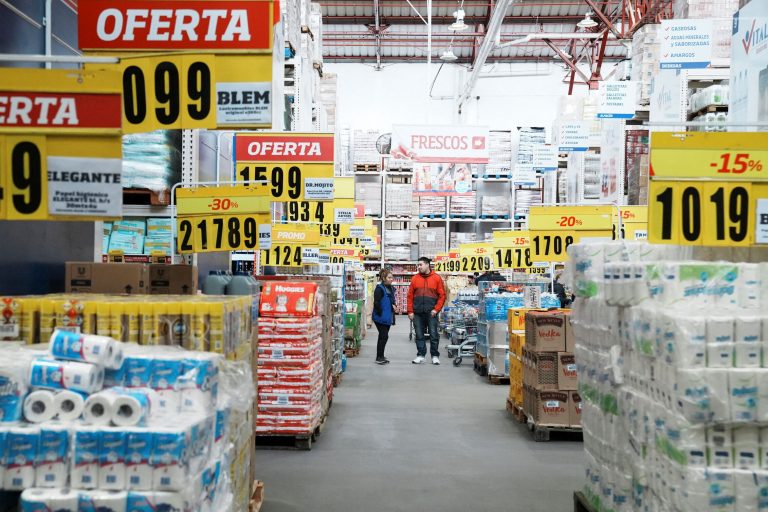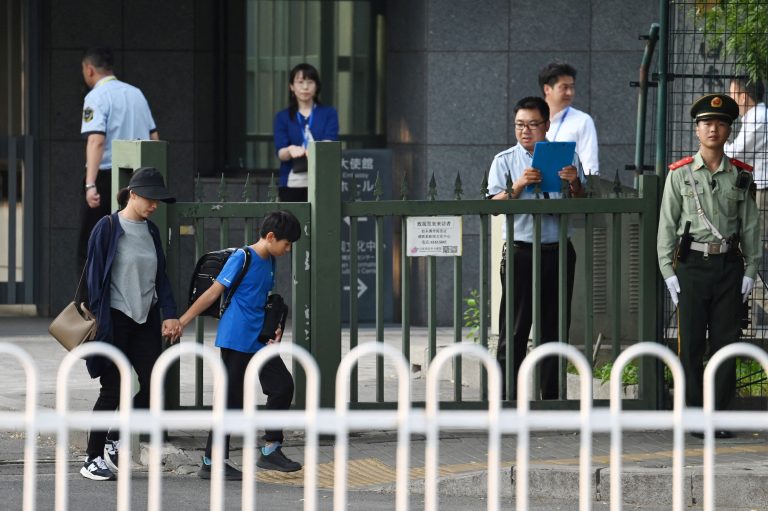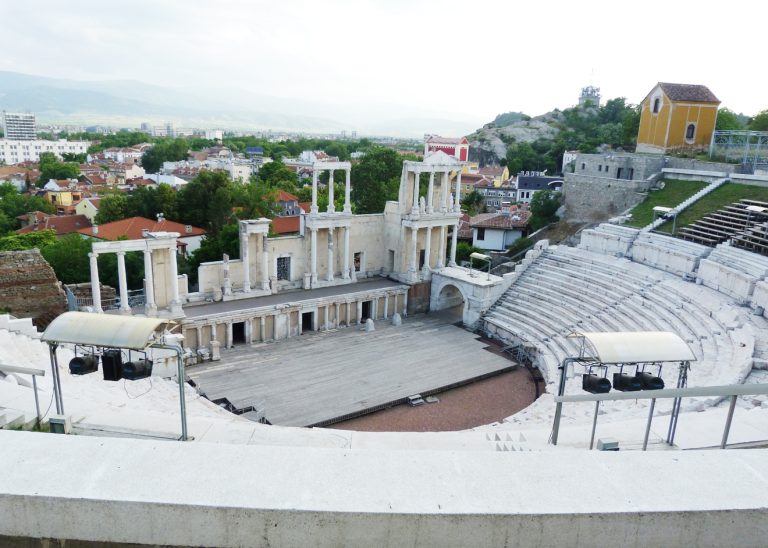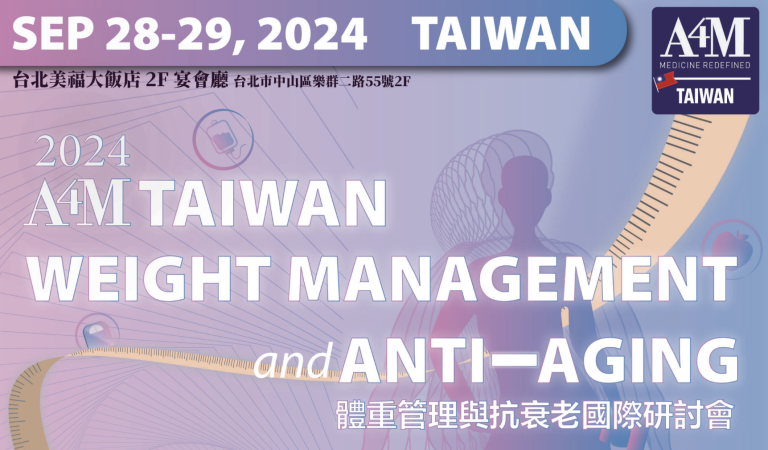On May 14 (Tuesday) Argentina’s central bank cut the benchmark interest rate, after inflation slowed for the fourth straight month. The annual rate crested just shy of 300 percent, amid a tough austerity drive by libertarian President Javier Milei.
The central bank said in a statement it had cut the overnight rate to 40 percent from its previous 50 percent, the fifth major cut since Milei took office in December.
The move came after the South American country posted a monthly consumer price rise of 8.8 percent, still very high, but down for the fourth straight month since a peak of over 25 percent in December 2023.
The official INDEC statistics agency said inflation over the last 12 months landed at 289.4 percent, only slightly higher than the annualized rate a month earlier.
Shopkeepers and consumers said the change has yet to be fully felt on the ground, although monthly inflation readings have slowed.
Success
You are now signed up for our newsletter
Success
Check your email to complete sign up
“No matter how much the inflation rate goes down, which is what everyone says, it is not reflected here because look, there are items that should have gone down but haven’t,” exclaimed Sandra Boluch, 50, a fruit and vegetable seller in Buenos Aires.
She added her store had been forced to raise workers’ salaries because their rents had increased, while input costs of things like plastic bags and other necessities had gone up.
“These [prices] increase a lot and then that’s reflected elsewhere. Where? In the merchandise,” she said. “Transportation is more expensive, diesel prices go up, everything goes up. So no matter how much we try to reduce prices, we can’t.”
The government of Milei has inherited a major economic crisis and has touted its success lowering monthly inflation, which has dropped since a December peak. After he took office, the new President sharply devalued the local peso currency.
Milei primarily identifies as a liberal-libertarian, or classical liberal, while also aligning theoretically with anarcho-capitalism and paleolibertarianism.
Presidential spokesman Manuel Adorni wrote on X: “Inflation is being pulverized,” after the April data was released.
Argentine money market traders had told Reuters earlier on Tuesday that another large rate cut was likely soon to happen.
Austerity
Milei has pushed a tough austerity campaign with cost-cutting and spending review which has gone down well with investors, helping boost the government’s fiscal position and propelling a rally of equities and bonds.
Eugenio Mari, chief economist at consultancy Libertad and Progreso Foundation said: “He generated a monetary austerity shock, stopped injecting pesos into the economy, and gave a strong signal of fiscal austerity.”
“A sharp drop in real wages implies a drop in aggregate demand, a drop in consumption and, obviously, a drop in economic activity. But the interesting thing is that now, with the drop in inflation, the door is open for real wages to recover,” he added.
Economic medicine has also hit salaries and economic activity hard, though Mari said things should get better soon.
“Prices are still expensive and we Argentines have very little purchasing power,” said Ofelia D’Aquino, 65, a retiree in Buenos Aires leaving a supermarket. He added he didn’t yet feel the effects of the inflation slowdown.
“We hope that this great crisis, that our sacrifice, serves some good and we get out of this. We deserve it, all of us and the generations to come.”
Reuters contributed to this report.







